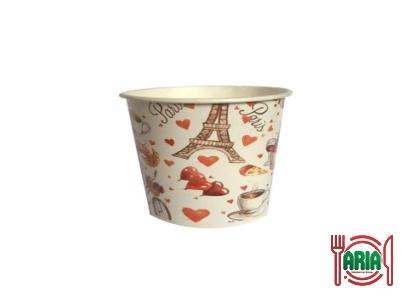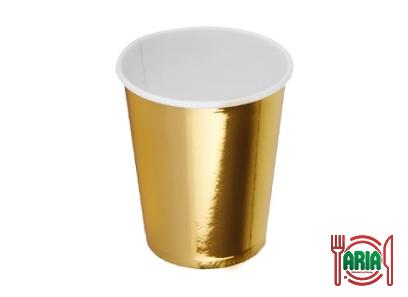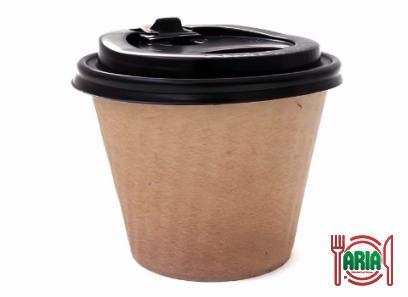When exporting and importing a particular plastic disposable to multiple countries, has very important advantages for traders and exporters. Therefore, companies looking to make a significant annual profit try to secure their profits by exporting these types of products.
The fact that local costs for disposable containers are relatively low, in comparison to those in other countries, has long been a source of worry for the firms that provide them. This is also true of the amount that is required to satisfy the needs of customers in other countries.
Naturally, it is important to point out that before engaging in any activities connected to the export of this kind of goods, the appropriate consultations should be conducted with individuals who have adequate competence in the area of shipping items to other nations.
You have the option of setting the sending mechanism to the most basic level imaginable. On the other hand, in general, the export of disposable containers has the potential to bring a significant amount of foreign cash into the nation. You may pick these plastic containers and accessories for export to other nations and make a very excellent income by doing so if the manufacturing facility is extremely busy.
This is one method that you can benefit from the factory’s vast activity. Today, a large number of manufacturers are engaged in the production of disposable plastic containers for export, and these manufacturers are working hard to establish best practices for the production of goods that are destined for sale in international markets.
A great number of makers of containers designed for single use have been successful in selling their wares in marketplaces located in other nations. The number 392410 is the Harmonized System Code (HS Code) that World Customs uses to identify plastic cookware.

Exporting recyclable waste
The European Union Statistical Office (Eurostat) has reported that in 2021 the amount of exporting recyclable waste abroad by the member states of the Union reached 33 million tons, an increase of 77% from 2004 and there is more news in the 2022 Update.
Meanwhile, waste imports from non-EU countries have increased by 11% compared to 2004 and will reach 1.7 million tons in 2021. Turkey is the EU’s largest exporter of waste, with about 14.7 million tons of waste last year, more than three times that of 2004, and accounting for nearly half of total waste exports in 2021.
The second largest European waste destination in 2021 was India, which received a total of around 2.4 million tonnes of waste from the EU. Since then, deployments have taken place in Egypt (1.9 million tons), Switzerland (1.7 million tons), the United Kingdom (1.5 million tons), Norway (1.4 million tons), Pakistan (1.3 million tons), Indonesia (1.1 million tons), the United States of America (0.9 million tons), and Morocco (0.6 million tons).
The quantity of garbage imported to Pakistan from the EU has climbed from 1 million tons in 2004 to 1.3 million tons in 2021 as a result of Pakistan’s rise to prominence as a significant destination for EU rubbish in recent years. On the other hand, the amount of garbage that was exported from the EU to China reached 10.1 million tons in 2009 but just 4 million tons in 2021.
More than 1,400 delegates from 180 nations have finally concluded and stated that they have resolved to minimize the amount of plastic garbage that is exported. The meetings and numerous debates took place over 12 days.
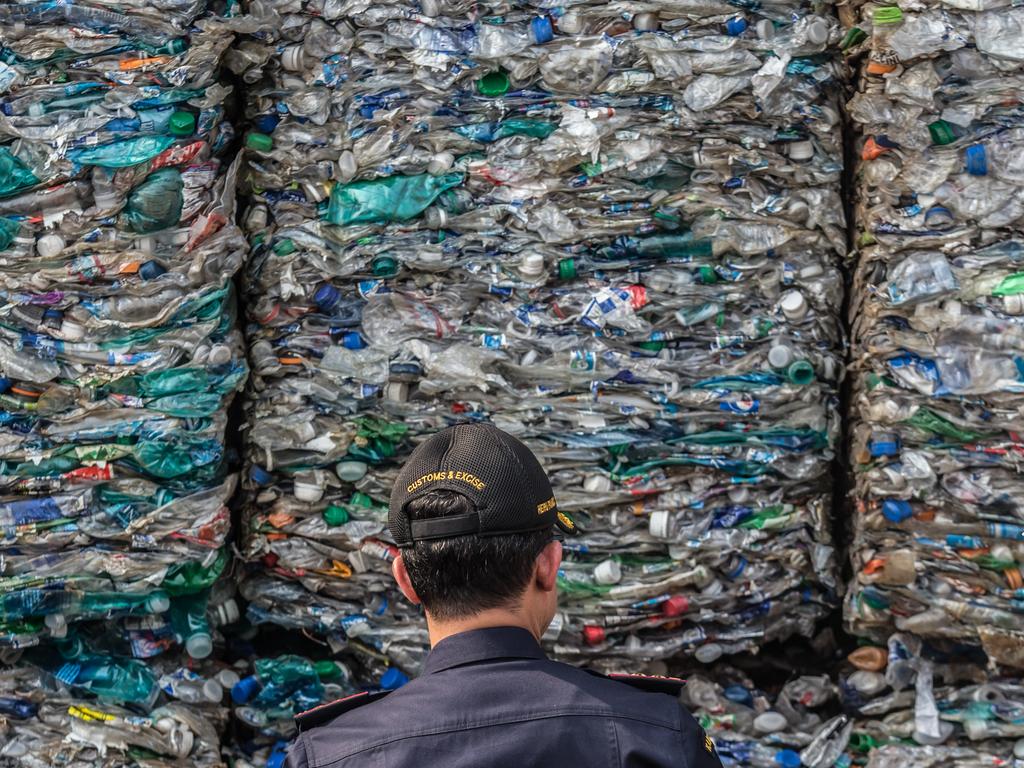
Import plastic waste
According to an online economic report about the import of plastic waste, the agreement was made on the premise that members would have to control the 8 million tons of material that enters the sea each year. Ralph Bayed, Secretary-General of the United Nations Environment Program (UNEP) has referred to the incident as one of the most important environmental problems in the world.
In this regard, he says, the Parties to the Basel Convention have reached an agreement on a legal and global mechanism for the management of plastic waste. The Basel Convention on the Control of Hazardous Wastes was established in 1989.
At that time, it approved the inclusion of plastic garbage when enforcing legal limits. The Geneva Summit is an update to that convention. The International Network for the Elimination of Hazardous Substances and Pollutants in the Environment (IPEN) is dedicated to the elimination of hazardous and toxic substances from the environmental cycle.
According to Sara Brush, the scientific advisor for the International Persistent Organic Pollutants Elimination Network (IPEN), developed countries like the United States and Canada have for a long time exported their waste and toxic plastics to developing countries in Asia. This practice has been going on for quite some time.
Recycle in the nation that you imported the product from. He goes on to argue that a significant portion of this polluted garbage cannot be recycled, and instead of being buried or burnt, it must be dumped into a body of water where it will stay. These materials were carried to China by the United States; however, since the United States outlawed the shipment of plastic garbage to China, these wastes are now sent to nations with lower incomes.
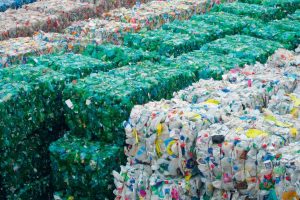
Plastic scrap Europe
Currently, around 70% of marine debris in Europe consists of single-use plastic containers and scrap. However, the use of other single-use plastic goods, such as bottles for beverages and containers for food packing, is not prohibited in Europe.
Examples include: The realization of the European Union’s plan to create a “waste and pollution-free circular economy” that reuses or recycles all single-use plastic materials remaining in the region is the ultimate objective of the implementation of this directive.
This will be accomplished by achieving the directive’s ultimate goal. By 2030. The disposable plastic filters that are located at the bottom of cigarettes are also thought to be harmful to the environment. Tobacco makers are obligated to pay for the cleanup of pollution caused by cigarette butts that include plastic filters according to Article 8 of the Directive passed by the European Union.
Single-use medical plastic products have also been shown to have considerable harmful effects on the environment; yet, no coalition rules have been developed to mitigate these effects. In the age of Corona, which began after this regulation was issued, the quantity of face masks imported into the European Union (EU) has more than quadrupled compared to the previous normal circumstances. This is because more people are using face masks to protect themselves from Corona. This rise may also be attributed to an increase in the EU’s production, which drove the growth.
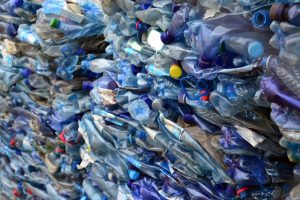
Exporting hazardous waste
Globally, 7 to 10 billion tons of waste are produced and exported annually, of which up to 500 million tons is hazardous waste. Dangerous but exporting waste that is toxic, flammable, or biohazardous. The hazardous waste trade has increased by 500% over the past 30 years, bringing both opportunity and risk.
According to the report, the level of risk threatening each country depends on the amount of waste it receives and its capacity to handle it. It can be assumed that developed countries use less developed countries as landfills, but this is not necessarily the case.
However, due to the low processing capacity of some countries, mainly African and South Asian countries, these regions of the world are at a higher risk of system disruption. Waste recycling imports are so impressive that we are now importing waste from countries like Spain along with Sweden and Korea.
In contrast, China’s serious environmental problems caused by hazardous waste management have made China an exporter of these products in recent years. Despite this potential, the informal disposal of garbage such as abandoned computers or old batteries in many nations has irrevocable harmful impacts since the gases created when these forms of waste are burnt are very poisonous.
High quantities of polychlorinated biphenyls were found in the blood of persons who came to the Canary Islands of Spain from a variety of African nations, including Senegal, Nigeria, and Sierra Leone, according to the findings of this research. During the process of disposing of electronic trash, toxic chemicals are produced. Everyone on the planet is putting in a lot of effort to end the practice of shipping hazardous garbage overseas.
If you want to export any type of commodities, we recommend that you familiarize yourself with the export procedures. In this case, you can export the desired products in bulk in the shortest time and earn a lot of profit through sales. Therefore, to export plastic utensils, the steps must also be carefully considered.
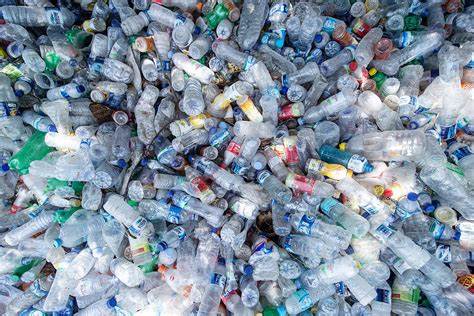
Advantages of exporting waste
Granules have so many advantages for exporting waste. “Granules are not a special type of polymer, but the granular form of a polymer is called a granule.
” Recycled granules, as the name suggests, are first in the form of granules, or granules, and secondly, they are produced from recycled materials. Recycle granules are made from polymers and plastic waste such as polyethylene, polypropylene, and other recycled plastics, which must be melted and molded before they can be used to create new parts.
Plastic and polymer wastes must first be recycled inside the machine before they can be transformed into recycled granules. Following the cutting process, the plastic wastes are then granulated into little bits, which are referred to as small pieces of recycled granules.
It is important to note that “the granules created by our firm are not recycled granules, and all of the granules from this company are manufactured from first-grade petrochemical powders,” since this is relevant to the discussion at hand. It is advised that the mechanism of the machine that produces plastic components be in the form of little plastic pellets.
Additionally, the crushed form of the imported plastic material either takes the form of a sheet or an angular shape, making it difficult to utilize. The hopper receives the input for this machine.
This will have a detrimental impact on the quality of the product that is created as a result of the lack of uniformity of the abrasive itself, and course, as a result of the size non-uniformity with other materials, these combinations will always be non-uniform while they are being used. Granules are the raw materials of choice for manufacturing units dealing with these materials since they allow for the least amount of economic loss.
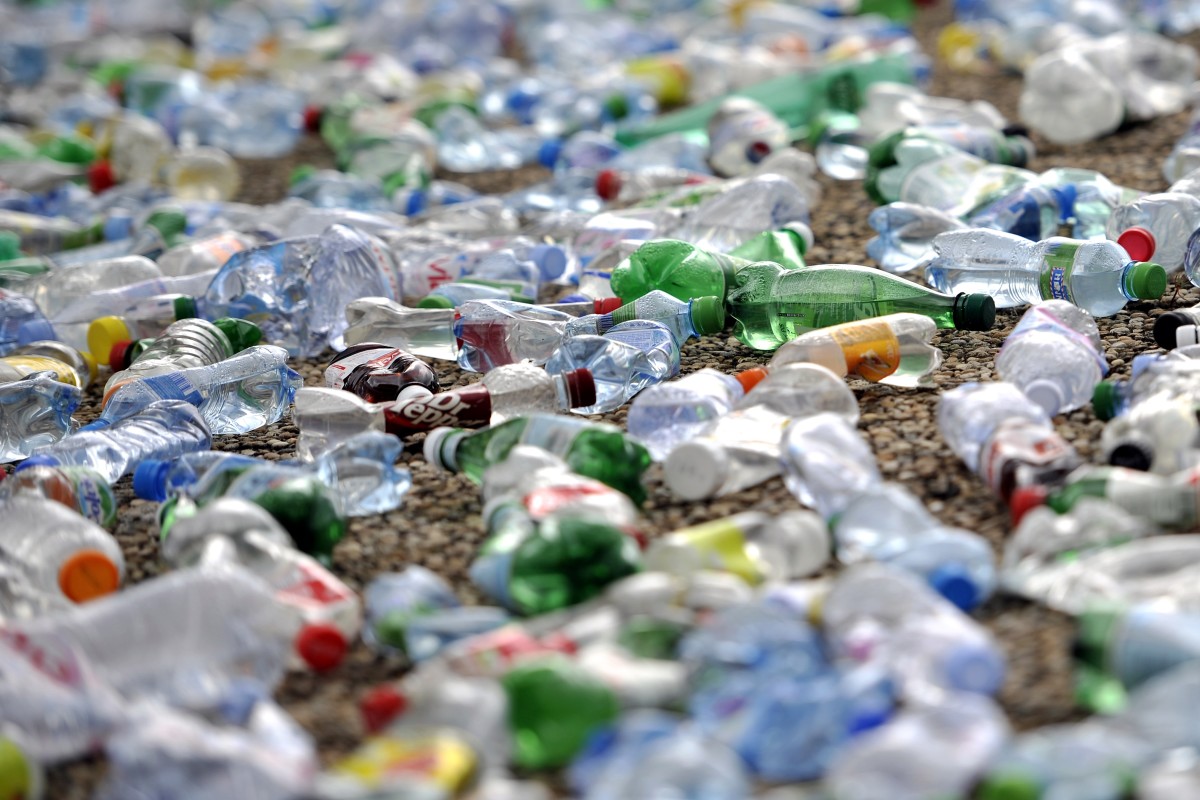
Plastic waste trafficking
The recycling industry has been very lucrative and trafficking in developed countries in recent decades. They use different parts of plastic waste in different ways. Some of this waste goes back to the plant’s raw material cycle, where other parts are energized.
The generation of waste is a fundamentally unavoidable process, but simple measures in this process can reduce its widespread and growing volume. Although the amount and types of waste generated in developing countries are different from those in developed countries, about 80% of the total waste in developed countries is recycled, so the damage to ecosystems and natural systems is small.
Environment comes. This is even though in countries like Iran, waste recycling is only 8%, and as a result, almost 90% of the country’s urban, industrial, hospital, and agricultural waste is disposed of inappropriately, including burial or incineration; besides environmental damage, it is very dangerous and expensive.
In the past, waste was not an obsolete material to be thrown away, but with advances in technology, it has become clear that it is advantageous to return waste to the industrial cycle. The right actions of citizens are one of the most important pillars of returning waste to the industrial cycle.
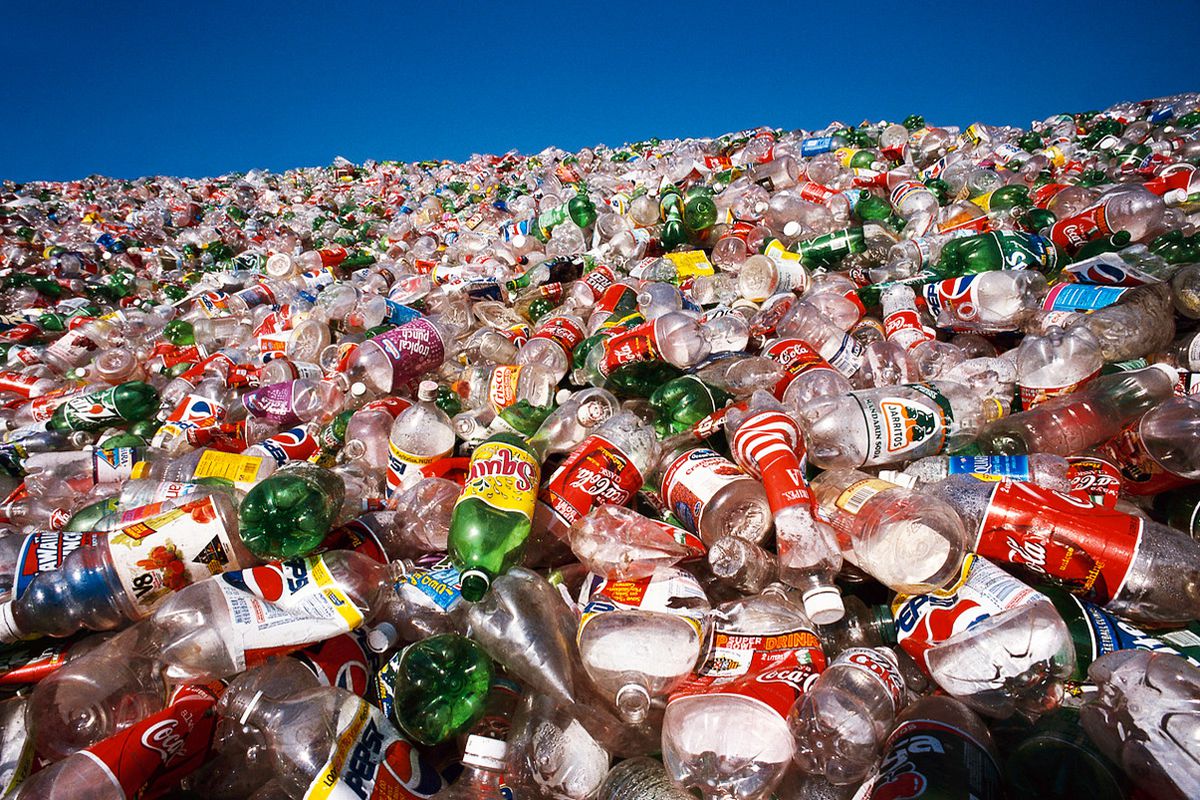
City managers, environmental experts, and sociologists in Germany, Denmark, Switzerland, and Italy have long-term plans and implemented appropriate methods to institutionalize a culture of waste segregation and recycling in society, making these countries successful examples of waste recycling. We can offer you the best recycling utensils with high quality and standards and reasonable price so besides using them for your comfort you can help the environment too.

